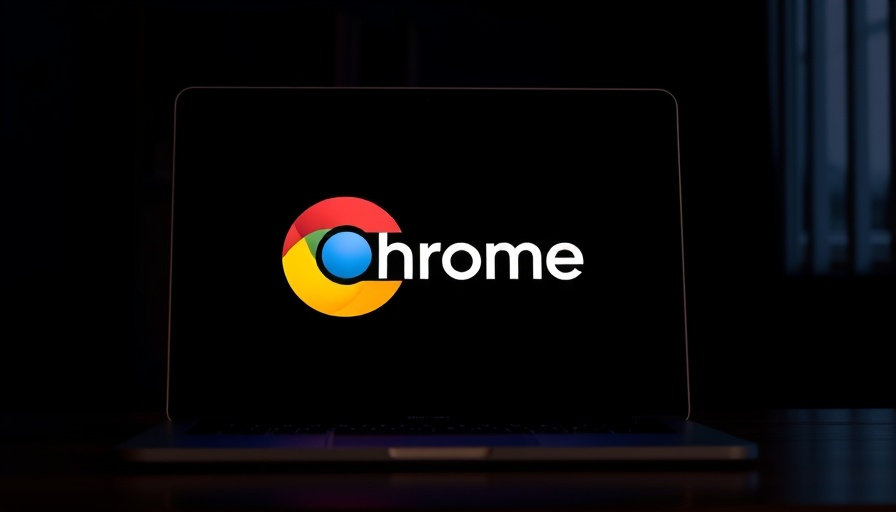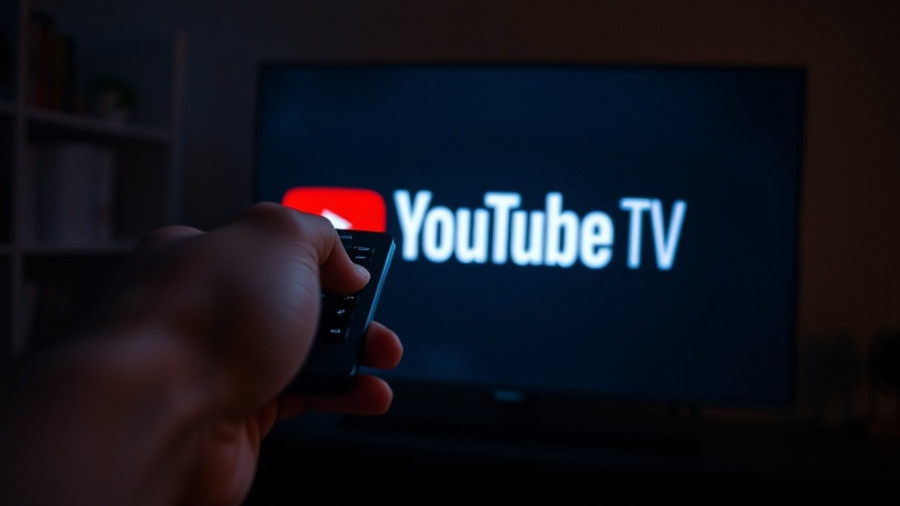
Transitioning from Windows to ChromeOS: A Cost-Effective Strategy
With Microsoft’s retirement of Windows 10 marking a significant shift in the tech landscape, many users are faced with tough decisions regarding their outdated PCs. For mid-to-senior professionals, accustomed to the reliability of Windows but unwilling to invest in new hardware for the latest operating systems, Google’s offer to transform their existing machines into Chromebooks with ChromeOS Flex presents a compelling alternative. This free upgrade not only breathes new life into aging devices but also promotes a sustainable approach to technology, addressing an increasing concern over electronic waste.
Impact of Windows 10 Retirement on Users
The data reveals a stark reality as Windows 10’s share plummets below 35%. This decline underlines a crucial juncture for nearly 500 million ineffective devices that risk becoming obsolete and contributing to an already mounting e-waste crisis. Advocacy groups like PIRG highlight that many of these users, especially professionals in sectors like healthcare and finance, may be unprepared for this transition. The good news? Most can opt for ChromeOS Flex, which offers robust security features critical for data-sensitive environments.
Why Choose ChromeOS Flex Over Alternatives?
Many are familiar with Linux but may overlook ChromeOS as an approachable solution for everyday computing tasks. ChromeOS Flex distinguishes itself with its user-friendly interface, cloud-based architecture, and features designed for a modern professional's workflow, offering less than ten-second boot-up times and seamless updates that eliminate the frustrations associated with software slowdowns. Transitioning to ChromeOS not only mitigates the risk of data breaches associated with outdated Windows but also harnesses the power of cloud computing—expanding capacity without the clutter of traditional software installations.
Environmentally Conscious Technology Choices
As we navigate this pivotal moment in technology, it's crucial for professionals to consider the environmental implications of their choices. With over 1.6 billion pounds of discarded tech projected due to Windows 10’s end, Google’s solution to repurpose existing hardware makes a significant environmental impact. Making the switch not only saves money but also allows users to contribute to sustainability efforts by reducing e-waste and promoting more eco-friendly technology practices.
Embracing Change: The Human Side of Technology Adoption
For many professionals adjusting to this shift, the emotional landscape can be complex. Fear of the unknown often accompanies change, but embracing a new operating system like ChromeOS can lead to improved efficiency, strengthened data security, and a more sustainable lifestyle. Sharing success stories of peers who have transitioned can foster community support and ease concerns about the technology shift, encouraging others to follow suit and discover the benefits firsthand.
Bottom Line: The Future of Computing
The landscape of personal computing is undoubtedly changing, and while the end of Windows 10 brings challenges, it's also an opportunity for innovation. By adopting ChromeOS Flex, professionals can adapt more securely and sustainably to modern technological demands. Google’s initiative serves as a reminder that sometimes the best solution is about making the most of what you already have, creating a win-win situation for both users and the planet.
Are you ready to pivot towards a more secure and eco-friendly computing experience? Take advantage of Google’s offer and rejuvenate your old PCs with ChromeOS Flex! Join the movement towards sustainable technology today.
 Add Row
Add Row  Add
Add 




Write A Comment